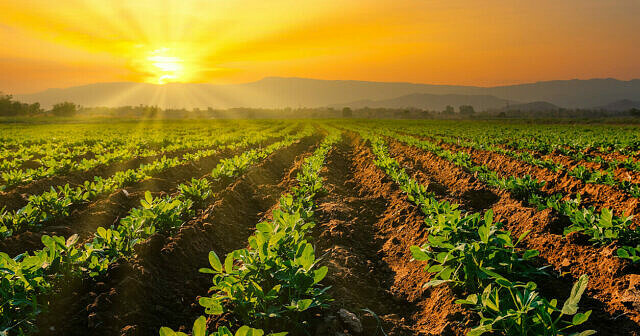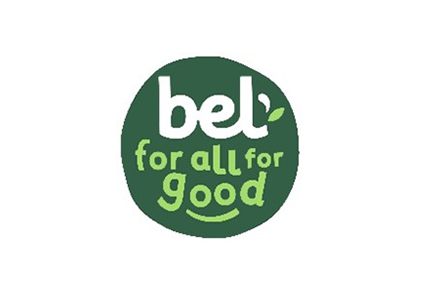Agriculture on the water agenda: Reflecting on World Water Week
17th September 2015
by Ulrike Sapiro, President of SAI Platform
Earlier this month, Stockholm closed another edition of World Water Week, 6 days of tightly stacked panel debates, workshops, lectures and events around water.
Water resource management, governance and access to water services are traditionally in the center of this conference. The role of agriculture in water management has traditionally been discussed on the periphery of the Stockholm water agenda. And vice-versa, water is not usually in the mainstream of the global farming debate, often because there is no ‘one size-fits all’ solution.
However, this year, rural communities and agriculture had a central place in the discussions and it appears that is expected to only increase in the future. In my perception, there are several reasons for these changed dynamics:
For one, whilst the world has made tangible progress addressing the most pressing challenges of getting people connected to taps and toilets, it’s increasingly clear that the remaining 2.1 billion people without water services will be harder to reach as they are often in rural areas. Incidentally, these are also the areas where the world needs to make the greatest effort to increase agricultural outputs to provide food and income for the growing population. And sustainable and effective water use are essential in this effort.
Secondly, until now, discussions about the impact of climate change on agriculture have been rather abstract, but the current ‘high profile’ droughts in California and Brazil make it ‘more real’. People realize that we might not have enough water to go around nature, people and the economy if we don’t change something fundamental about the way we manage and allocate water. Recent scientific drought predictions seem to provide further evidence. On the upside, Stockholm also has provided a platform for organizations like the FAO to share new global data and insights on water and agriculture for collaborative use and positive change.
Thirdly, business, civil society and especially the financial sector increasingly engage in the ‘nexus thinking’, which aims at better managing the connections between different impact areas of sustainability to find integrated approaches. Unsurprisingly, agriculture is at the heart of the water, food and energy nexus.
Underscoring all of this is the call for more collaboration and partnership with farmers, business and other stakeholders.
Stockholm Water Week confirmed to me how important the work of SAI Platform is to address sustainable farming through a collaborative action on the ground and a joined-up approach, such as for example the SAI Platform Principles and Practices or the Farm Sustainability Assessment (FSA).
The work of the Water Committee under the leadership of Carlo Galli of Nestle is particularly important to help SAI Platform members and supply chains learn about best practices in water management and to foster exchange of information – thereby supporting responsible water management practices as part of an overall approach to sustainable agriculture and watershed management.
Additionally, this Committee’s Donana strawberry project is an inspiring example for collaborative action among SAI Platform member companies, non-member companies and NGO’s – to protect the extremely important Donana wetland in Spain and secure future strawberry production in the region. Amongst other activities, the project aims at working with farmers on water saving without compromising on yield and quality, and with regional and local authorities to strengthen water governance.
SAI Platform is built on the principle of collaboration and sharing and these two principles will be critical for both, sustainable agriculture and sustainable water management.


